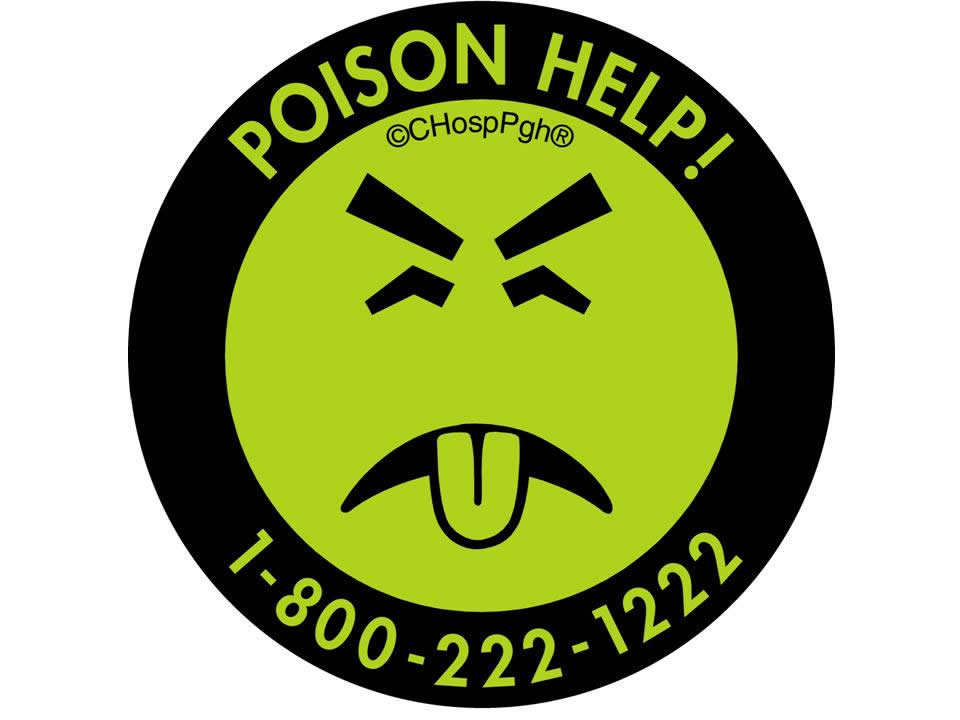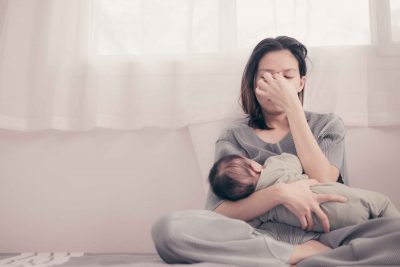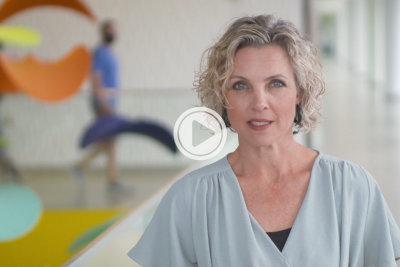 Remember those bright green Mr. Yuk™ stickers that they used to hand out at school? Created by doctors at the Pittsburgh Poison Center in 1971, they are used to educate both children and adults about poison prevention and promote poison center awareness. Click here to learn more about Mr. Yuk™ and listen to his song.
Remember those bright green Mr. Yuk™ stickers that they used to hand out at school? Created by doctors at the Pittsburgh Poison Center in 1971, they are used to educate both children and adults about poison prevention and promote poison center awareness. Click here to learn more about Mr. Yuk™ and listen to his song.
While I’m not sure how widely Mr. Yuk™ is used in schools anymore, his message is as important as ever. Accidental poisonings in the home are relatively common and can happen to anyone.
How can you help prevent accidental poisoning?
- Remove all medications (even the over the counter ones) from your child’s reach. A high cabinet that your child can not climb to or a cabinet or drawer with a lock are good options.
- Be particularly careful when there is a change in your family’s routine. Many accidental ingestions happen when there are visitors at home (with medication stored in suitcases that are accessible to your children) or families are travelling.
- If you drop any pills, make sure that you find the pill prior to letting your toddler or child play in that area.
- Keep household goods like soaps, cleaners, detergents, bleaches, etc. in dedicated cabinet with a child safety lock.
- Be mindful of other locations that your child might be playing around the home, including outdoor sheds and garages. Chemicals including paints, pesticides, weed killers, and anti-freeze come in brightly colored containers and can be appealing to curious children.
If you think that your child has been accidentally poisoned, what should you do?
- Stay calm. Take a good look at your child. Is he having any trouble breathing? Is he acting normally? If you are concerned about difficulty breathing or changes in mental status, call 911.
- Identify the possible poison. Whether it is a medication or a household good, make sure you get the bottle and try to identify how much your child might have taken.
- Call Poison Control. The national number is 1-800-222-1222 and will get you to the regional poison control center. Stay on the line with them and answer their questions to the best of your knowledge. They may give you specific instructions on how to treat or transport your child. In some cases, you may be able to closely monitor your child at home.
- Do not use syrup of ipecac to induce vomiting. This is no longer a recommended method of treatment and has potentially harmful side effects.
- If you are instructed to go to the ER, make sure you take the container of suspected poison with you so that the doctors can see exactly what it is. This can help them guide treatment.
What can you expect in the emergency room?
- Your child will be carefully evaluated by nurses and doctors. They will be asking you a lot of questions about what, when, and where your child might have had the accidental ingestion.
- Depending on what the poison was, your child may undergo testing (like blood work, urine studies, or heart rhythm analysis) and/or be closely observed. Some medications or poisons required IV fluids or “antidote” medications.
- Depending on what the poison was, your child may be observed and discharged from the emergency room, or admitted to the hospital for continued care.
- At some point during your hospital visit, a social worker may come to speak with you about resources and ways to help prevent future accidental ingestions in the home.
- Your child will be discharged home only when the medical staff is sure that he is safe from any potential side effects of the accidental poisoning.





Comments